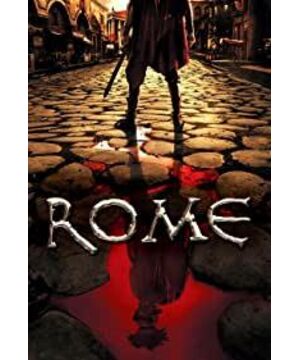through the details of armor, fighting and life (in fact, the film did not focus on these contents), "Roma" I and II talked about more and more intensive rules, which can be called unspoken rules of society or games. rule. Inside, you can see the "Hunger Games" parade and the life of the powerful, many other works of literature and art, the reappearance of historical scenes, and the projection of real life.
Some experts have summed up Chinese history into eight words: disciple, old age, robe, and crony. Here, it is more about looking at the development of things in terms of influence. The Romans' attitudes to faith and fame may occasionally seem remote, but the influence still exists today, in the form of morality, public opinion, and law. In this rule, influence is a more interesting thing, and it has to be a separate question.
It is not difficult to do something, but it is difficult if the teacher is well-known, justifiable, logical and natural. Looking at it through this lens, why aren't "Romance of the Three Kingdoms" and "Water Margin" worth rereading? How can life not be as wonderful as history?
View more about Rome reviews











